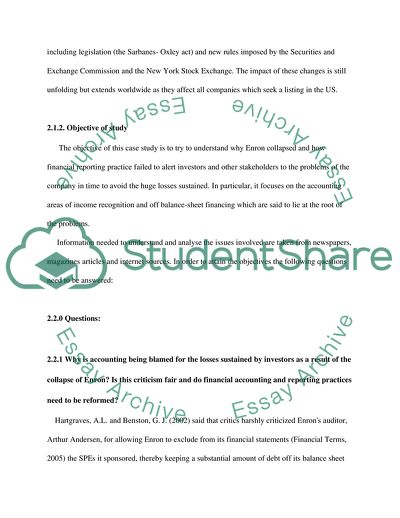Cite this document
(Enron and Off-balance Sheet Financing Case Study, n.d.)
Enron and Off-balance Sheet Financing Case Study. https://studentshare.org/finance-accounting/1703630-enron-and-off-balance-sheet-financing
Enron and Off-balance Sheet Financing Case Study. https://studentshare.org/finance-accounting/1703630-enron-and-off-balance-sheet-financing
(Enron and Off-Balance Sheet Financing Case Study)
Enron and Off-Balance Sheet Financing Case Study. https://studentshare.org/finance-accounting/1703630-enron-and-off-balance-sheet-financing.
Enron and Off-Balance Sheet Financing Case Study. https://studentshare.org/finance-accounting/1703630-enron-and-off-balance-sheet-financing.
“Enron and Off-Balance Sheet Financing Case Study”. https://studentshare.org/finance-accounting/1703630-enron-and-off-balance-sheet-financing.


